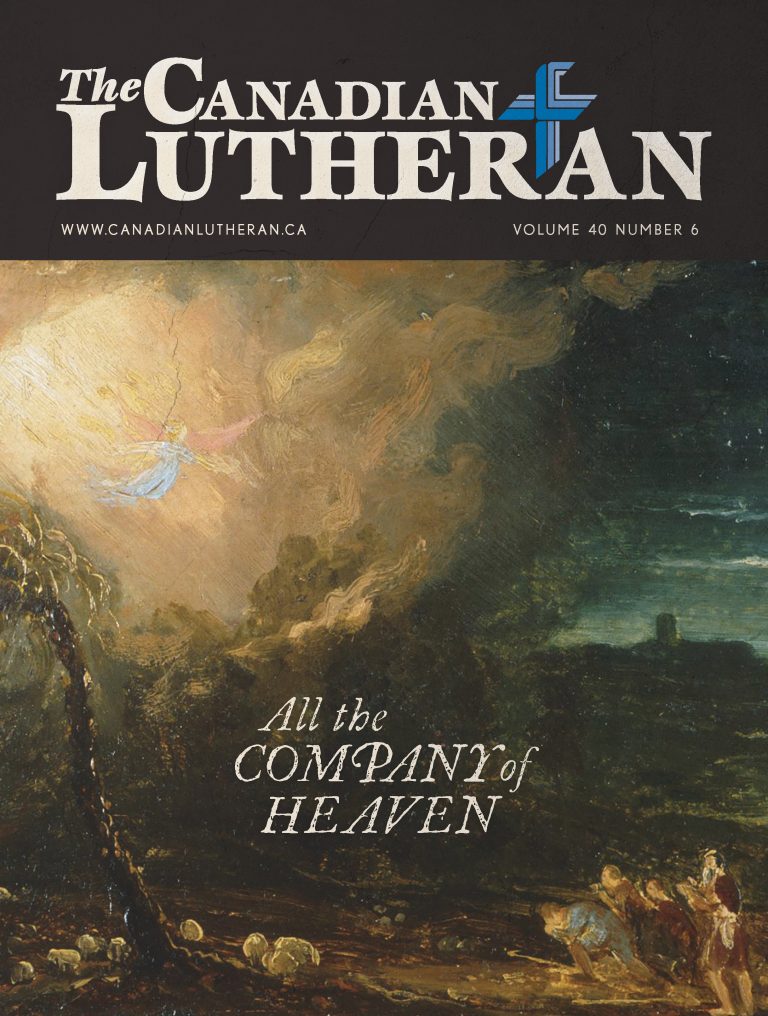The Good Book: A Humanist Bible is not so good
by Michael Keith
 Most of the time if I dislike a book it’s because of either its content or style. Rarely is there a book which I dislike for both! The Good Book: A Humanist Bible “made by” A.C. Grayling is such a book. (Published by Walker & Co.New York, March 2011)
Most of the time if I dislike a book it’s because of either its content or style. Rarely is there a book which I dislike for both! The Good Book: A Humanist Bible “made by” A.C. Grayling is such a book. (Published by Walker & Co.New York, March 2011)
A.C. Grayling is a British academic and a noted atheist (often listed among the so-called “New Atheists”). The release of The Good Book garnered a lot of media attention. Various news programs, including The Colbert Report, interviewed Grayling.
On the inside of the book cover is the following quote: “For a secular age in which many find that religion no longer speaks to them, The Good Book is a literary tour de force—a book of life and practice invoking the greatest minds of the past in the perennial challenge of being human.”
The book is purposely laid out in a style that appears like the Bible. In fact, some chapter names are Genesis, Lamentations, Proverbs, Acts, and other names alluding to the Bible. However, the book consciously erases God from the picture.
The book’s entire purpose is to focus on the best non-religious thinking through the ages. He cites as contributors such philosophers and thinkers as Aristotle, Bacon, Cicero, Confucius, Darwin, Goethe, Hume, Huxley, Jefferson, Kant, Locke, Machiavelli, Nietzsche, Plato, Schopenhauer, Spinoza, as well as Greek myths, folklore and folk tales.
Grayling does not provide footnotes of his sources—he simply lists them in the back of the book. The cover states that The Good Book is “made,” not written by the author. This is to indicate Grayling is attempting to put together the wisdom found throughout the ages—wisdom that doesn’t include God that is, for he would consider that foolishness (cf. 1 Cor.2:14-15). In a number of places those who would believe in God or the teachings of the Bible are called ignorant.
The author arranges all the material from different sources in a consistent style which makes the reading terribly tedious. I wasn’t even half way through the book when I felt utter despair looking at the large number of pages remaining. If I believed in penance, this book would be a most effective means.
The Good Book attempts to provide a manual on how to live the good life. In a most remarkable way Grayling has taken some of the most profound thinkers and philosophers in history and made them sound like little bits of advice dispensed by Dr. Phil. The Darwinian-fuelled chapter Genesis is a poetic retelling of the theory of evolution and states that the origin of life is death. The Darwinianism is bad, but the poetry is worse surpassed only in the race to triteness by the chapter entitled Wisdom which is a sad attempt to mirror Proverbs.
Perhaps the best chapter in the book is Lamentations. In this chapter, Grayling explores the fleeting nature of this life and declares this life a burden filled with suffering. The pondering of life, existence and death is intriguing. However, he provides no answer to the problem of death. In fact, the answer given is that we ought to live with our “fellow-sufferers” and “companions in miseries” with tolerance, patience, regard, and love. Essentially: “life is a burden full of miseries, but be nice to each other.”
An approach to life without God inevitably leads to a life filled with the Law’s demands and without hope. Grayling`s work is a perfect example of humankind’s natural inclination to the Law. Slap together a bunch of good advice throughout the ages and offer it up as a guide. The Good Book is just a snobby version of Chicken Soup for the Soul. Grayling has provided yet another self-help book whether he intended to or not.
The Good Book is not good. It is very bad. Aside from its nauseating style, it is very bad because of the hopelessness to which it ultimately leads. The concept seems that if we can inject the wisdom of the ages then we will have a better world by making better, more educated, and non-religious people. Stalin tried it. Now Grayling wants a chance.
He has his own Ten Injunctions which are: “Love well; seek the good in all things; harm no others; think for yourself; take responsibility; respect nature; do your utmost; be informed; be kind; be courageous: at least, sincerely try.” On one hand Grayling mocks and marks as ignorant those who believe in God, while on the other hand he would have us take seriously his list of things that will make our lives better ending with “at least, sincerely try.”
In the face of the world mocking us and being declared ignorant, Christians cling to the Gospel and to the Word of God. We don’t cling to the words of men—no matter how wise and revered throughout the ages. As St. Paul writes “…we preach Christ crucified, a stumbling block to Jews and folly to Gentiles, but to those who are called, both Jews and Greeks, Christ the power of God and the wisdom of God. For the foolishness of God is wiser than men, and the weakness of God is stronger than men” (1 Corinthians1:22-25).
In the midst of a life sometimes filled with suffering and in a life where, inevitably, we face death, we have a Good Word from our risen Lord Jesus. No, He does not tell us to “sincerely try.” He tells us to die to our trying—and rise in Him. This is the Good News found in the only truly “Good Book” — the Holy Bible.
Rev. Michael Keith is pastor of Our Saviour Lutheran Church in Fort Qu’Appelle, Saskatchewan. He blogs at http://scottishlutheran.blogspot.com/






